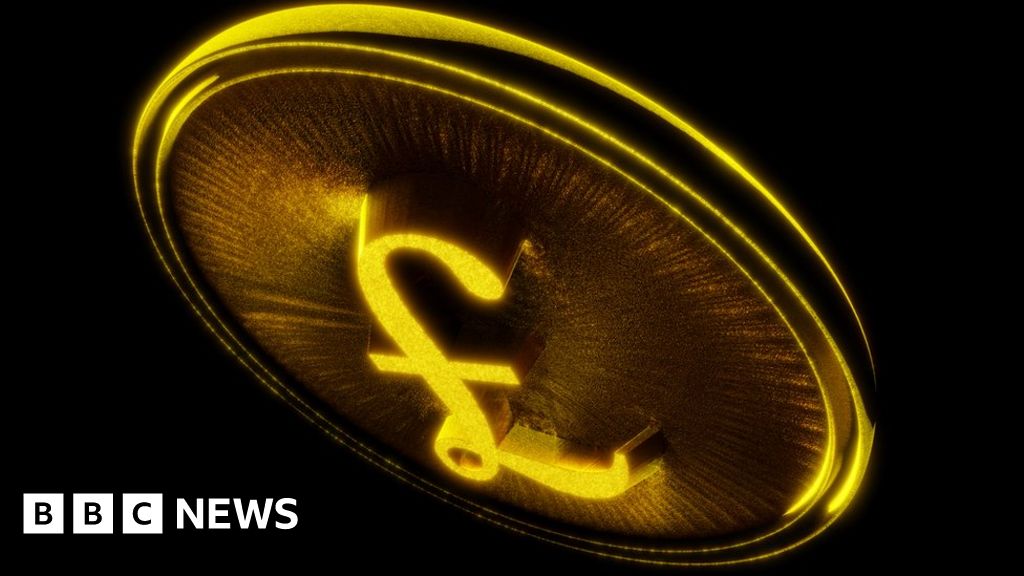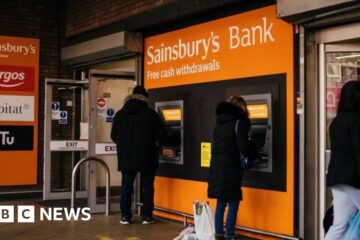The development of a state-backed “digital pound” should proceed with caution, MPs have warned.
The benefits of the currency are still unclear and, if launched, there must be systems in place to protect cash access and privacy, the Treasury Committee said in a report.
The Bank of England and the Treasury have been consulting on the idea since February.
The Bank of England and the Treasury have been consulting on the idea since February.
The design phase is expected to run until the middle of the decade and the currency could be launched before 2030.
A central bank digital currency (CBDC) for use by households and businesses would sit alongside cash and bank deposits, rather than replacing them, but details are still being worked out.
The CBDC would be directly issued by the Bank of England, just like banknotes.
This means people would have all the same safety and security that they have with their cash currently, which is different to cryptocurrencies that fluctuate in value and are generally run by private companies.
MPs on the Treasury Committee said there were “some potential benefits” of the system, including that it could help create innovation in payments and help the UK’s global competitiveness.
The development of a state-backed “digital pound” should proceed with caution, MPs have warned.
The Bank of England and the Treasury have been consulting on the idea since February.
The benefits of the currency are still unclear and, if launched, there must be systems in place to protect cash access and privacy, the Treasury Committee said in a report.
The design phase is expected to run until the middle of the decade and the currency could be launched before 2030.
The Bank of England and the Treasury have been consulting on the idea since February.
The Bank of England and the Treasury have been consulting on the idea since February.
The design phase is expected to run until the middle of the decade and the currency could be launched before 2030.
A central bank digital currency (CBDC) for use by households and businesses would sit alongside cash and bank deposits, rather than replacing them, but details are still being worked out.
The CBDC would be directly issued by the Bank of England, just like banknotes.
This means people would have all the same safety and security that they have with their cash currently, which is different to cryptocurrencies that fluctuate in value and are generally run by private companies.
MPs on the Treasury Committee said there were “some potential benefits” of the system, including that it could help create innovation in payments and help the UK’s global competitiveness.
#Digital #pound #plans #proceed #caution #MPs
Note:- (Not all news on the site expresses the point of view of the site, but we transmit this news automatically and translate it through programmatic technology on the site and not from a human editor. The content is auto-generated from a syndicated feed.))



